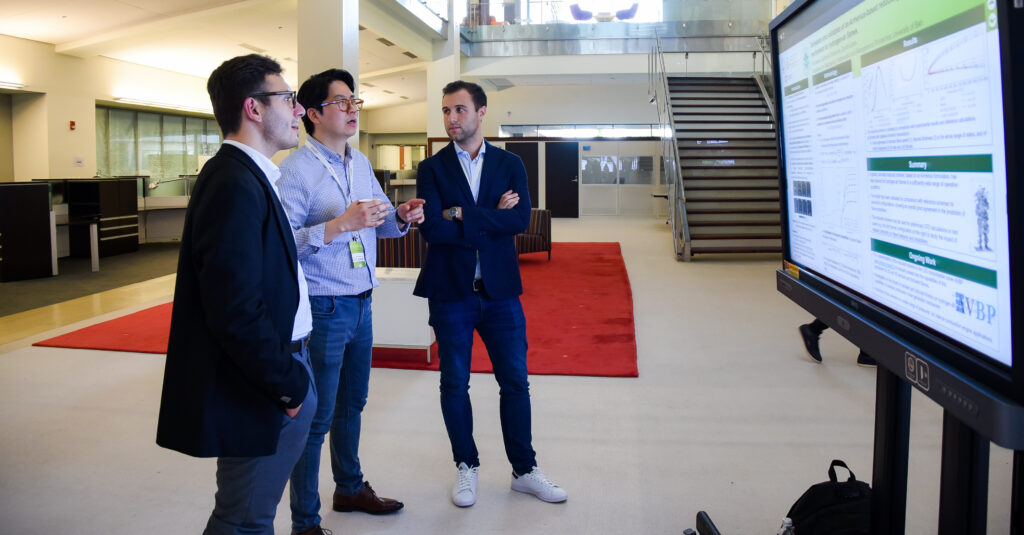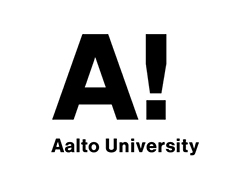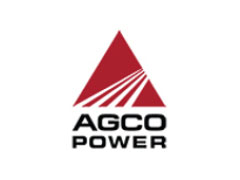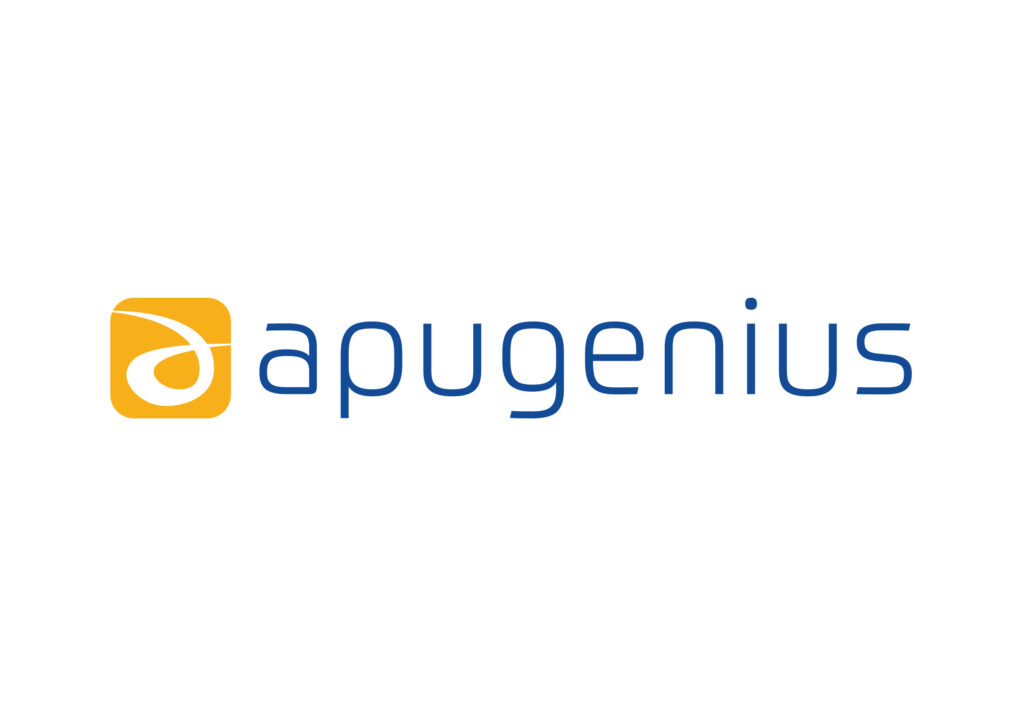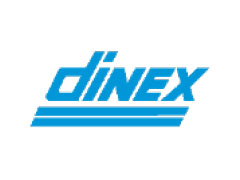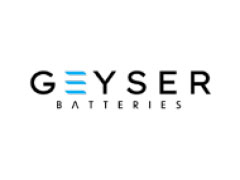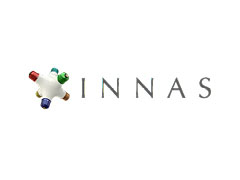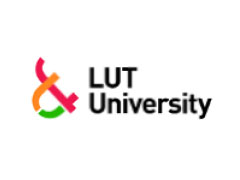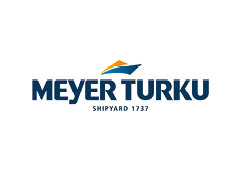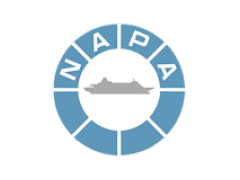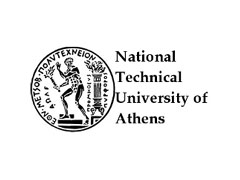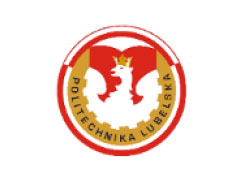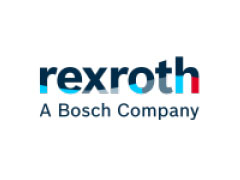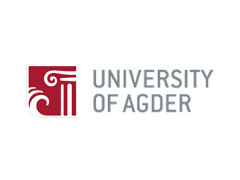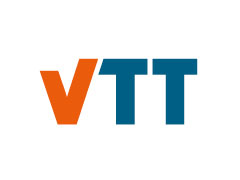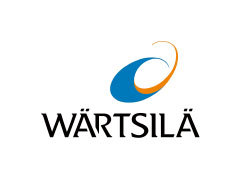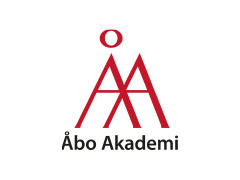A key driver of Jeyoung’s research is decarbonization and sustainable powertrain system in the transportation sector. Electrification has been introduced to phase out conventional internal combustion engines (ICEs) in various transportation sector. However, a full-level of electrification is not feasible especially in marine domain (large-bore combustion engines) due to high energy demand and enormous weight & volume of the battery.
As a promising solution, RCCI combustion concept with superior efficiency (>50%) and ultra-low emissions has been widely investigated recently. The main research gap is that most of the RCCI research has shown its benefit on small automotive engine platforms. The results of experimental campaigns on large bore engines aiming at concrete emission targets are scarce. Hence, the benefits on marine application has not clearly revealed yet.
Therefore, the current PhD research will demonstrate the feasibility and excellence of the RCCI concept in a large bore engine platform (Wärtsilä 4L20 /0.8MW), exclusively with advanced variable valve actuation (VVA) system and hydrogen blend while achieving 55% thermal efficiency with emissions below EU stage-V or IMO Tier III standards as well as noise mitigation below 110dB.
Two national projects will provide essential toolchains: the-state-of-the-art engine testing facility and a unique engine model capable of acoustic-performance co-simulation. The experiment will take a primary role to provide high-quality data and allow calibration and validation of the simulation model. The simulation model will reduce expensive and time-consuming experimental testing via model-based design of experiment and optimization.
In the end, a large scale RCCI demonstration would produce valuable knowledge and bridge the gap between novel combustion concept and practical implementation. In the end, this work will contribute to sustainable energy transition to attain zero-carbon maritime shipping in the forthcoming future.
The PhD research is part of the Clean Propulsion Technologies project’s WP3 ‘Novel combustion and advanced aftertreatment’, and more specifically, Task 3.3 ‘Mid-speed RCCI engine demo’. This research will contribute to developing fast combustion analysis tool chain via Real-time post processing routine and to demonstrating optimized engine operation with superior engine efficiency and ultra-low emissions. Moreover, the PhD research will investigate the RCCI phenomena and fuel-flexible combustion more fundamentally beyond the boundary of the CPT project, while taking the advantages of the well-established research platform by the CPT project.
Link to the poster.
